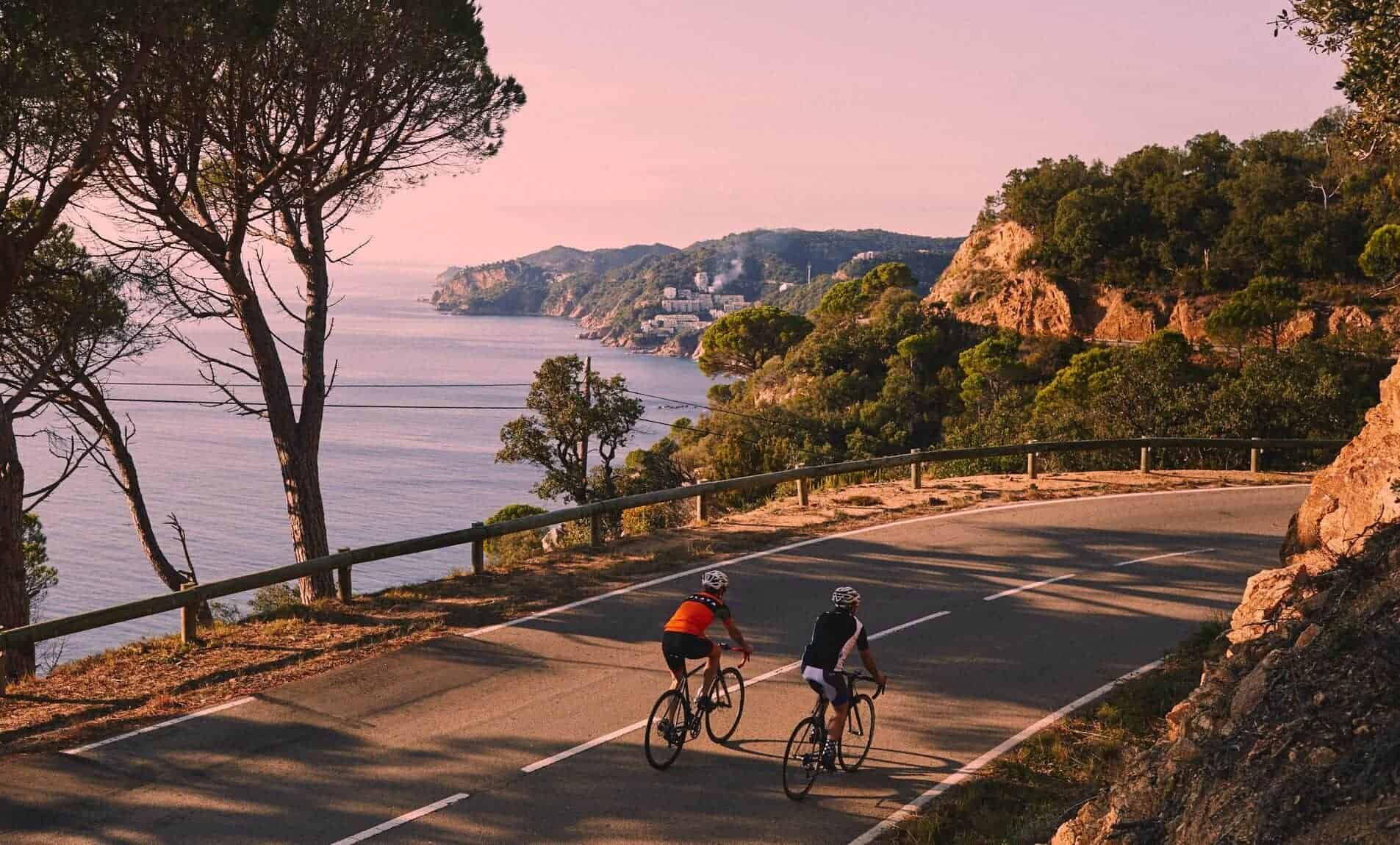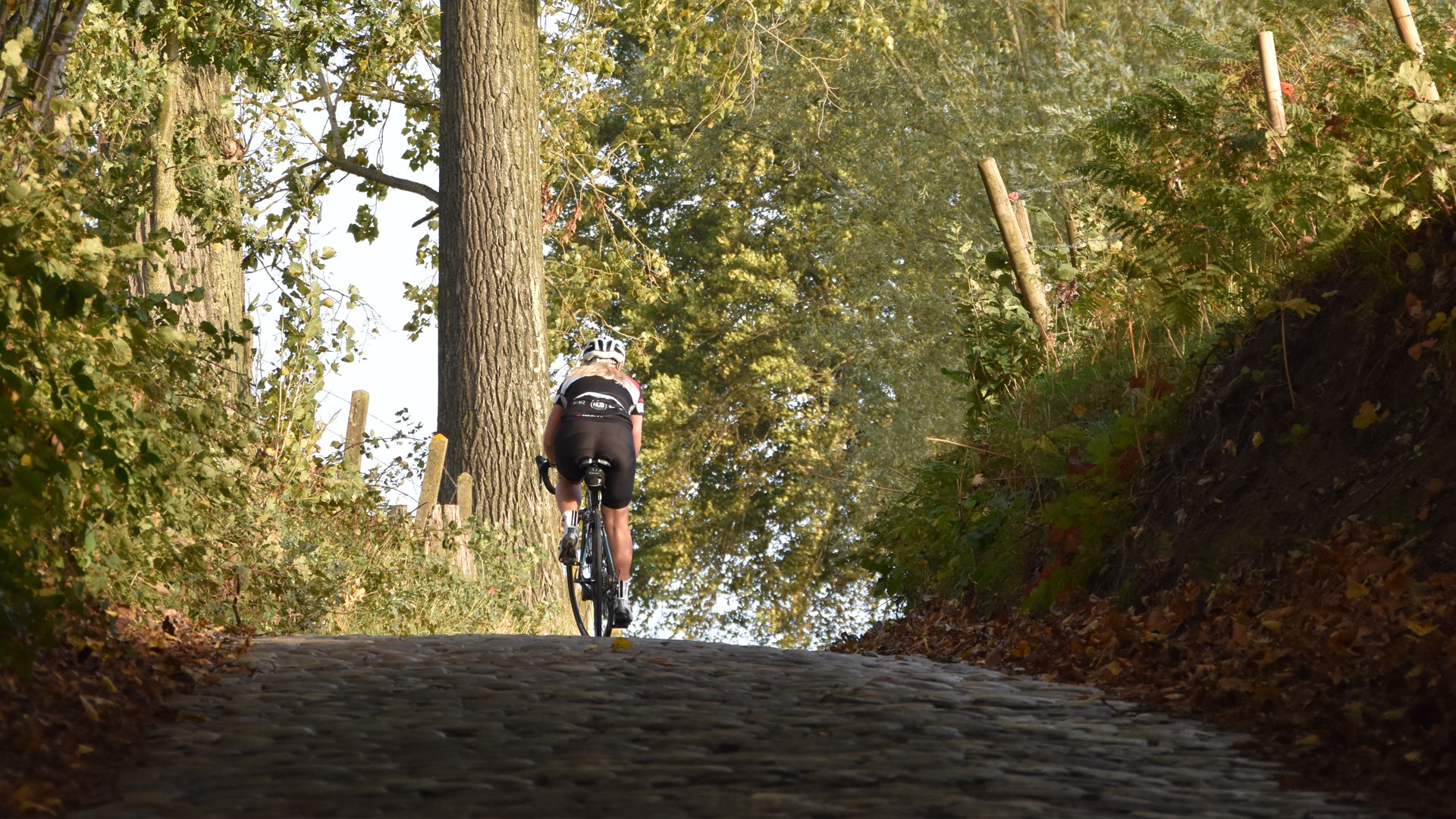Do you need to do base miles to get fit this winter?

If you’re into your cycling training you’ve probably heard about base miles being used for winter training. Whether it’s by the professionals or amateurs, everyone seems to be wanting to put more and more miles into their weeks – just take a look at the Strava leaderboards: these days, you’re just as likely to see the mileage usually reserved for a successful Rapha Festive 500 attempt in any old week in September. But what exactly are base miles and do you need to do them to get fit over winter? Let’s explore.
What are base miles and what are the benefits?
Base miles are low-intensity aerobic training miles usually performed in a foundational block of training. They allow you to build your aerobic base, which is the foundation upon which all your other zones and training sit. If you want to improve your functional threshold power (FTP), or VO2 max, for example, your aerobic base needs to be high enough to sustain the growth.
The benefit of base miles is not just that they help to increase your aerobic capacity but to help you ride more efficiently and be more in tune on the bike. Think about it, if you’re riding a section of road you normally do in a tempo or more intense effort, but you need to try and control your power to keep it easier, it’s not as simple as it sounds.
It can take a lot of concentration not to ride yourself into a higher zone, even though you’ve ridden this section plenty of times before. Lower-intensity riding also gives you time to work on the basics. Consider your pedal stroke, for example; could it be more efficient?
The way you build this base is usually through volume, so while the intensity might be low, the volume increases. For a seasoned pro who is used to riding at least 25 hours per week, they might be used to this ramp-up of time in the saddle. But for an average rider who has work and other parts of life to worry about as well as training, is it something you should be doing or should you leave it to the professionals?
Do you need to do base miles?
If you’re not riding professional hours per week and you have a busy life, then while base miles are a great way to kick start your winter training, you should consider maintaining some intensity throughout your week. If you can manage between 9-12 hours per week, you can still benefit from some lower intensity (think zones 1-2) rides, but you don’t need to spend your entire time doing them, nor do you need to be jetting off to Mallorca to live like a pro for a week.

As a time-crunched cyclist, you still want to see improvements, and it’s possible even if you’re not riding 20+ hours a week. While it’s a great idea to ease into your winter training if you’ve had some time off the bike, you may want to consider then adding in some intensity. This doesn’t mean every ride should be a smash fest, instead, sweet spot efforts which are efforts just below your FTP will help to build your aerobic base without substantially increasing your fatigue the way higher-intensity efforts would.
A nice option for cyclists that work a regular schedule would be to get some longer rides in at the weekend where you can focus on zones 1 and 2, and get some more intense rides in during the week. This is where the turbo trainer can pay dividends, even if it’s not the most fun way to cycle.
Of course, the best way to plan your base miles and training is with a qualified coach, but if you’re planning your own training, you can incorporate base miles to keep your fitness ticking over through winter, but you don’t need to do them all week long as you won’t see improvements like you would if you were riding more time-efficient sessions. Perhaps ahead and pick out a good-weather day every couple of weeks, or bring together a big group for an adventurous Sunday of connecting café stops from dawn to dusk.
Whether you’re an all seasons out door warrior or an indoor turbo terminator, we will cover your listed bikes for accidental damage and theft with our specialist bicycle insurance policy. If you aren’t sure what you’re covered for, just give us a call or message us on our live chat!







